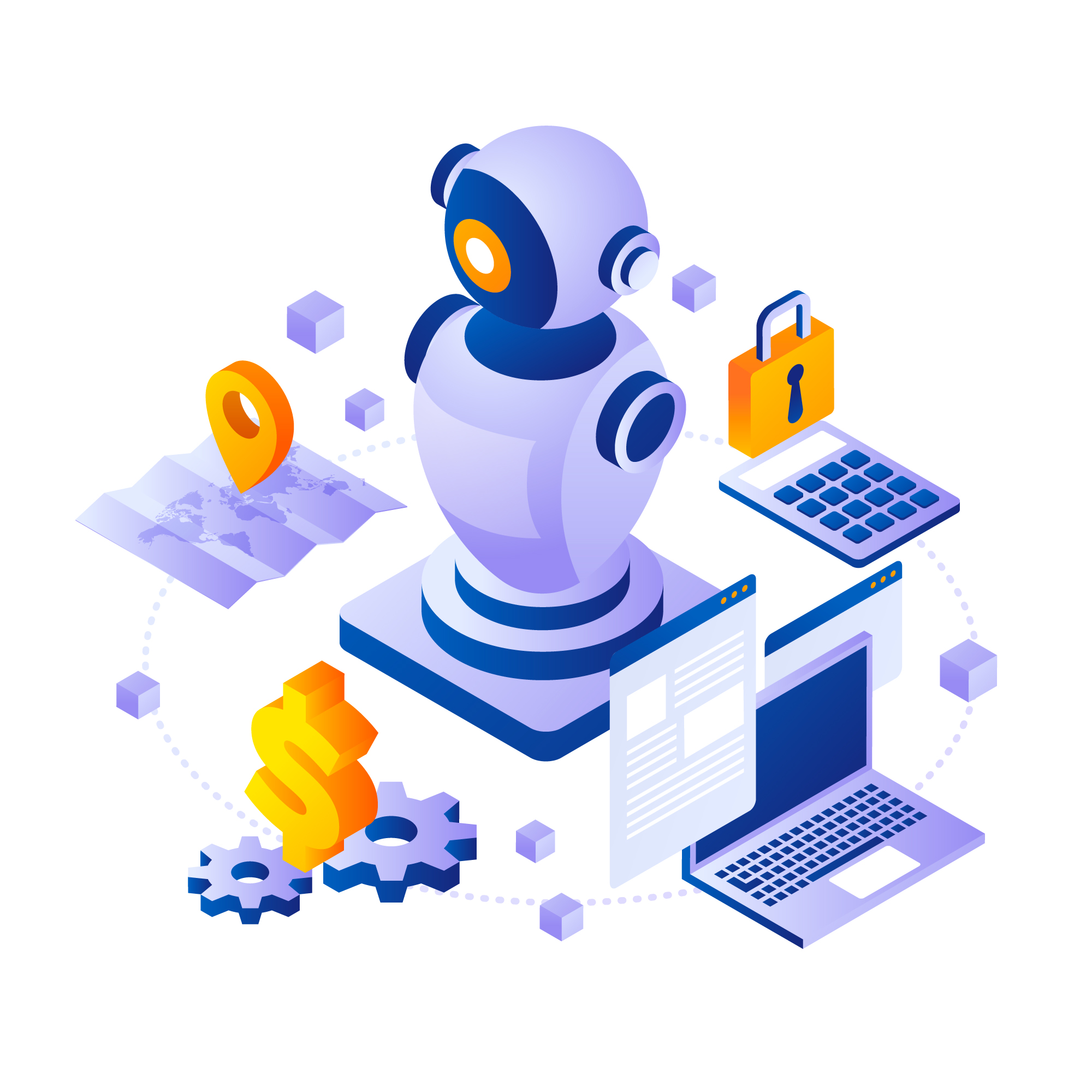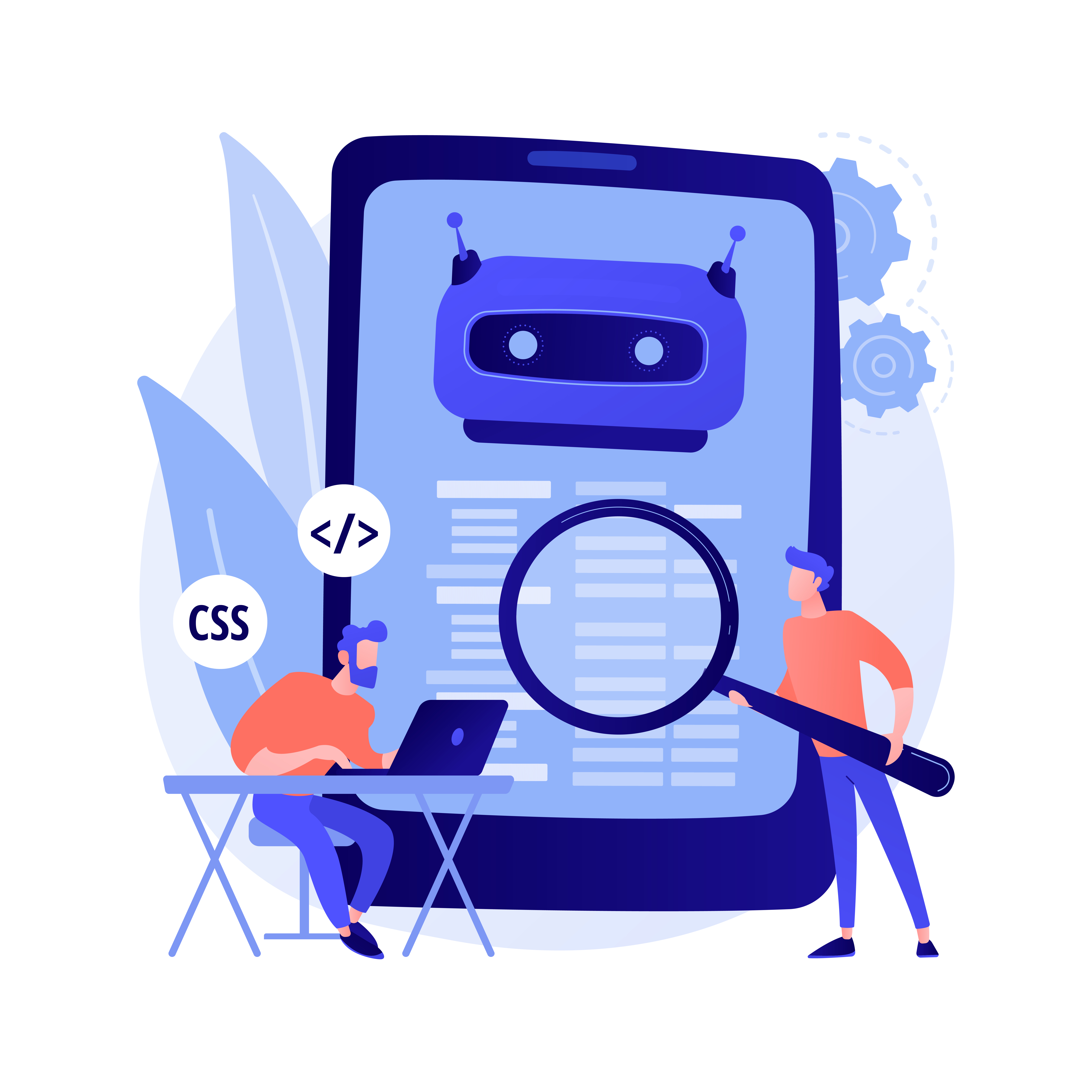
Test Automation (API, UI, Mobile)
Akross IT’s Test Automation services for API, UI, and Mobile ensure robust, scalable, and fast testing that supports your entire application ecosystem. Whether it's validating user interfaces, ensuring backend API integrity, or testing across mobile devices, we help you accelerate releases while maintaining flawless user experiences and system stability.


Our Test Automation Services Features
Unified Automation Frameworks
Build centralized frameworks that support API, UI, and mobile testing in a single architecture, improving reusability and reducing maintenance overhead.
Cross-Platform Mobile Testing
Ensure your app works flawlessly across Android and iOS devices using tools like Appium, BrowserStack, or Sauce Labs.
Comprehensive API Automation
Automate backend validations for REST and SOAP APIs using tools like Postman, Rest Assured, and Karate, with support for authentication, schema validation, and performance benchmarking.
Scalable UI Test Automation
Automate UI workflows using Selenium, Cypress, or Playwright for consistent performance across browsers and devices.
CI/CD Integration and Test Orchestration
Integrate automated tests into your continuous delivery pipeline to catch issues early and streamline the release cycle.
Data-Driven and Behavior-Driven Testing (DDT & BDD)
Leverage real-world data and user stories to drive automated test logic using frameworks like Cucumber, TestNG, and JUnit.
AI-Powered Script Maintenance and Smart Locators
Implement self-healing test scripts that dynamically adjust to UI or API changes, minimizing test failures and reducing manual intervention.
Our Multi-Layered Automation Process
Automation Readiness Assessment and Test Planning
We begin by evaluating your current application landscape—web, mobile, backend services—and identifying test cases best suited for automation.
We analyze test complexity, stability, and frequency of execution to define an effective automation scope for APIs, UI flows, and mobile interfaces.
A strategic roadmap is created with tool recommendations, milestones, and business goals in mind.
Tool Selection and Custom Framework Development
ased on the use case, we select the best-fit tools and libraries. For UI: Selenium, Cypress, or Playwright. For APIs: Postman, Rest Assured, or Karate.
For mobile: Appium or Espresso. We then build a robust, modular framework that supports version control, logging, parallel execution, and reporting, ensuring seamless automation across different layers.
Script Development and Modular Test Design
We develop reusable, well-structured scripts using design patterns like Page Object Model and API chaining.
UI scripts cover end-to-end user journeys, API scripts validate data exchange and error handling, and mobile scripts simulate real user gestures. Parameterization, test data management, and validation layers are incorporated to enhance flexibility and coverage.
Integration with CI/CD Pipelines
Automated tests are plugged into your CI/CD workflows (Jenkins, GitHub Actions, GitLab CI, etc.) for continuous validation during builds, merges, and deployments.
This ensures bugs are detected early and feedback loops remain short. Tests can be triggered on demand, on schedule, or by events like pull requests or staging deployments.
Device Lab and Cross-Browser Execution
We run test suites across a matrix of devices, operating systems, and browser versions using BrowserStack, Sauce Labs, or a custom device farm.
This ensures consistent behavior and optimal user experiences, regardless of platform diversity. We support real-device testing, emulators, and headless executions.
Advanced Reporting and Defect Integration
All test results are captured in detailed reports with screenshots, logs, and failure reasons.
We provide dashboards with filtering, trend analysis, and integration with bug tracking tools like Jira or Azure Boards for immediate triage. This enables developers, QA, and product teams to stay in sync with quality outcomes.
Maintenance, AI-Assistance, and Continuous Improvement
Our frameworks are designed for long-term sustainability. We monitor test reliability, identify flaky tests, and implement AI-assisted self-healing capabilities to adjust selectors or logic when applications evolve.
Regular audits and updates are conducted to adapt to new features, UI changes, or infrastructure updates.
Types of Test Automation We Offer
API Testing Automation
Validate business logic, data integrity, and response accuracy at the service level. Handle dynamic data, chained requests, and integration flows with precision.
Web UI Test Automation
Simulate real-world user interactions, validate design responsiveness, and ensure core workflows (like login, checkout, or search) are functioning across all browsers.
Mobile Test Automation
Automate tests across real devices and emulators to validate gesture handling, screen rendering, and hardware compatibility.
End-to-End Automation
Build cross-layer tests that span APIs, UIs, and mobile flows, ensuring complete coverage of customer journeys from frontend to backend.
Regression and Smoke Testing
Maintain consistent software behavior by running frequent automated checks on high-impact areas during rapid release cycles.




